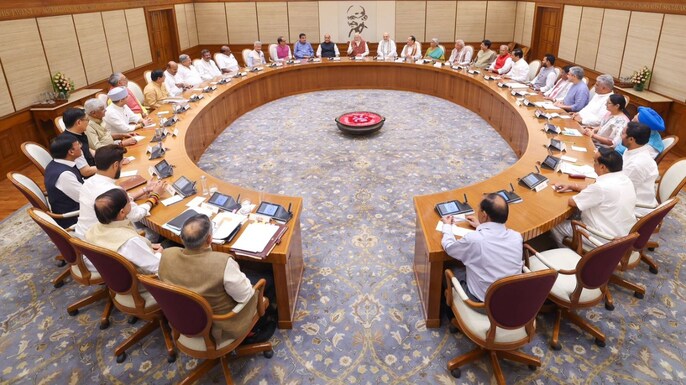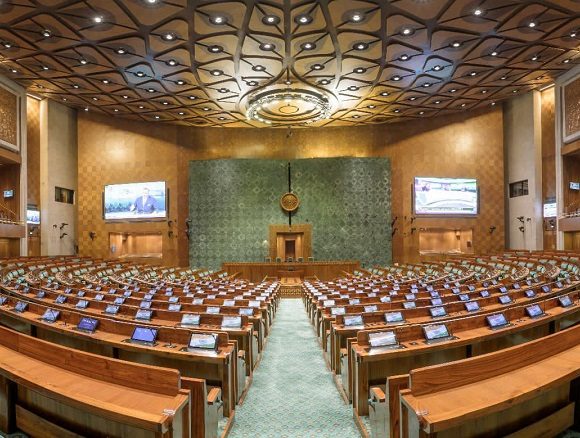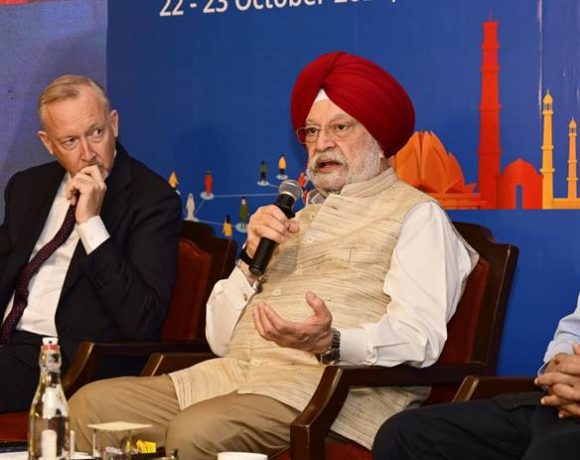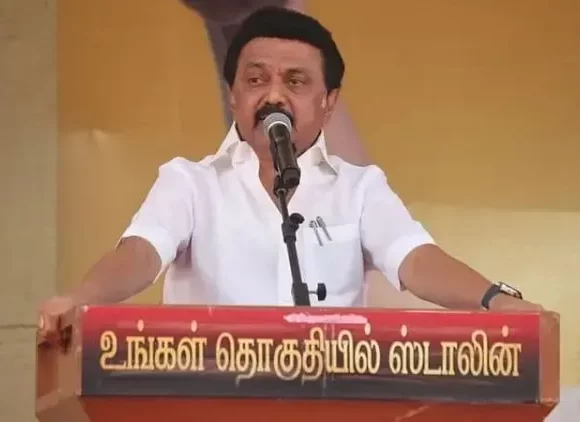
Major Bureaucratic Shake‑Up in Cabinet Secretariat
India’s Appointments Committee of the Cabinet (ACC), led by Prime Minister Narendra Modi, approved a significant reshuffle on June 14, 2025. R A Chandrashekar, an IPS officer from the 1991 Kerala cadre and currently Special Director at the Intelligence Bureau, has been appointed as Secretary (Security) in the Cabinet Secretariat. He will assume office from August 1, 2025, succeeding Harinath Mishra, who was appointed as Security Secretary last November.
In addition to Mr. Chandrashekar’s promotion, the ACC cleared the elevation of 38 Additional Director Generals of Police (ADGs) for central government roles. The list includes senior IPS officers such as Atul Singh, Nayyar Hasnain Khan, Abhinav Kumar, Bhanu Bhaskar, Janardan Singh, and Rekha Lohani, among others.
These moves form part of a broader bureaucratic shake-up following a major realignment in April 2025. That earlier reshuffle included the appointments of Arvind Shrivastava as Revenue Secretary and Anuradha Thakur as Officer on Special Duty in the Department of Economic Affairs, along with leadership changes in other central departments.
The ACC plays a pivotal role in shaping India’s administrative leadership. Chaired by the Prime Minister and including the Home Minister, it has authority over high-level postings such as secretaries to government departments, senior intelligence officials, and top police leadership. The Cabinet Secretariat’s Security Secretary is responsible for overseeing national security coordination among ministries and agencies.
Analysts note that appointing a veteran intelligence official like Mr. Chandrashekar reflects the government’s emphasis on enhancing internal security coordination. His background in operations and intelligence gathering is expected to strengthen strategic response in areas including counterterrorism, espionage, and inter-agency liaison.
The majority of newly appointed ADGs will support central ministries and enforcement bodies such as the Central Industrial Security Force (CISF), National Investigation Agency (NIA), and Central Reserve Police Force (CRPF). Their addition is anticipated to boost capacity, especially in advancing modernisation, cyber security preparedness, and inter-agency collaboration within the police framework.
These early appointments set the tone for the next wave of administrative reforms. Officials expect further key postings in departments such as Home Affairs, Intelligence, Public Enterprises, and Revenue in the coming months, as the government continues its focus on streamlining governance.


















